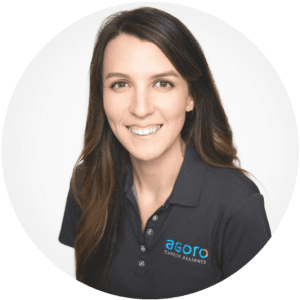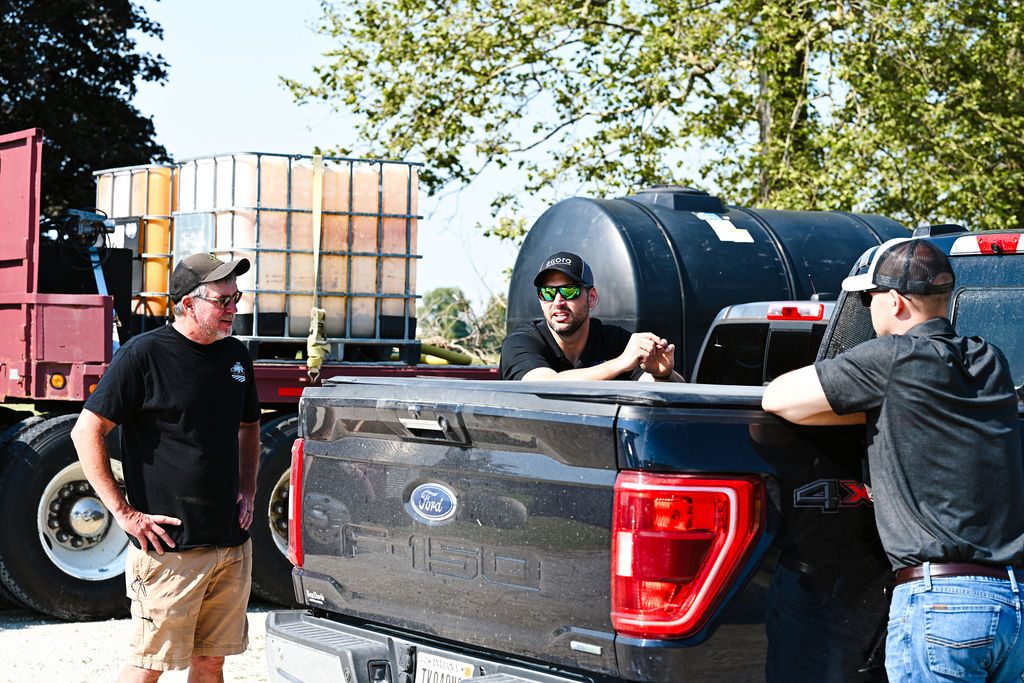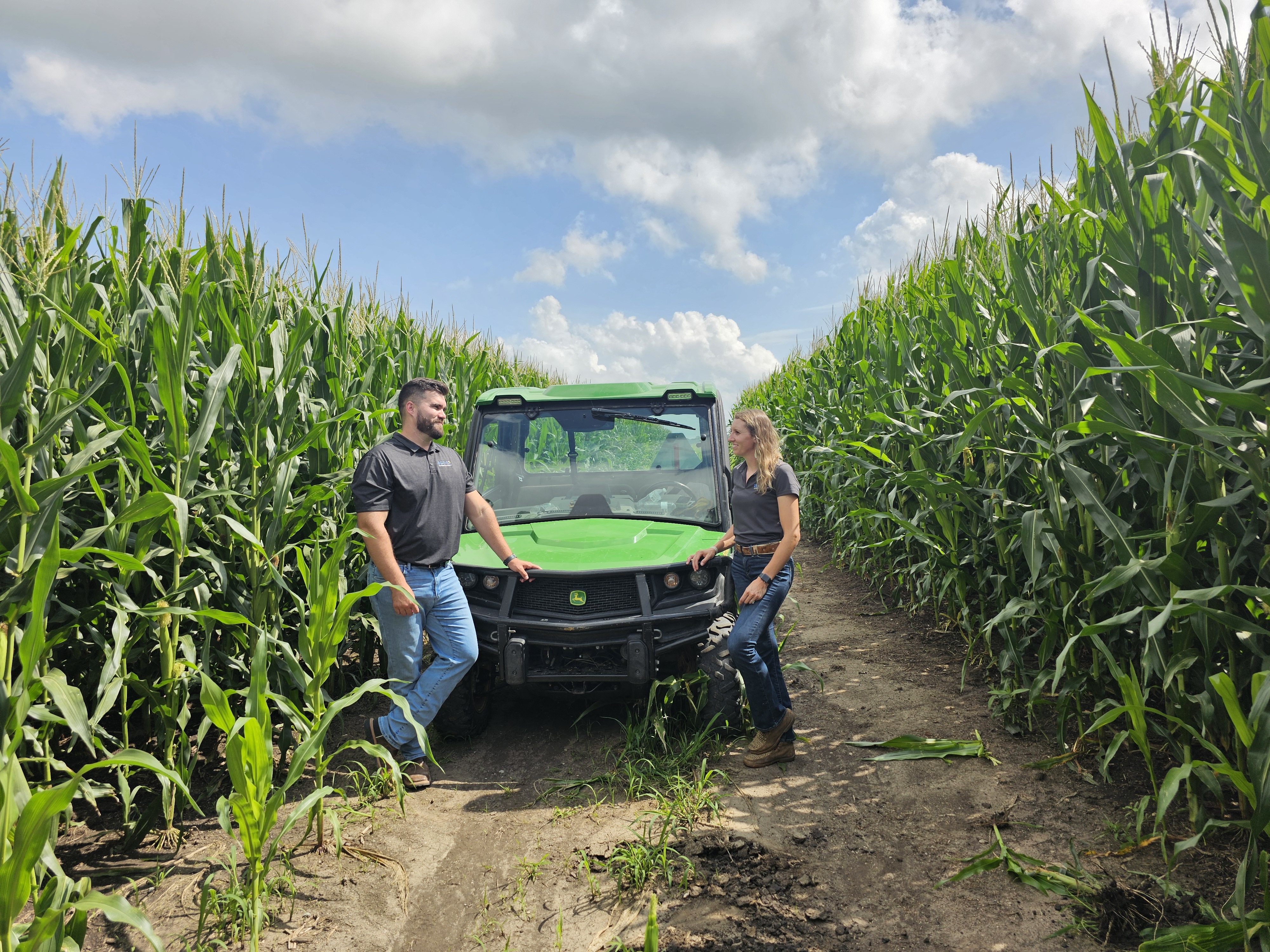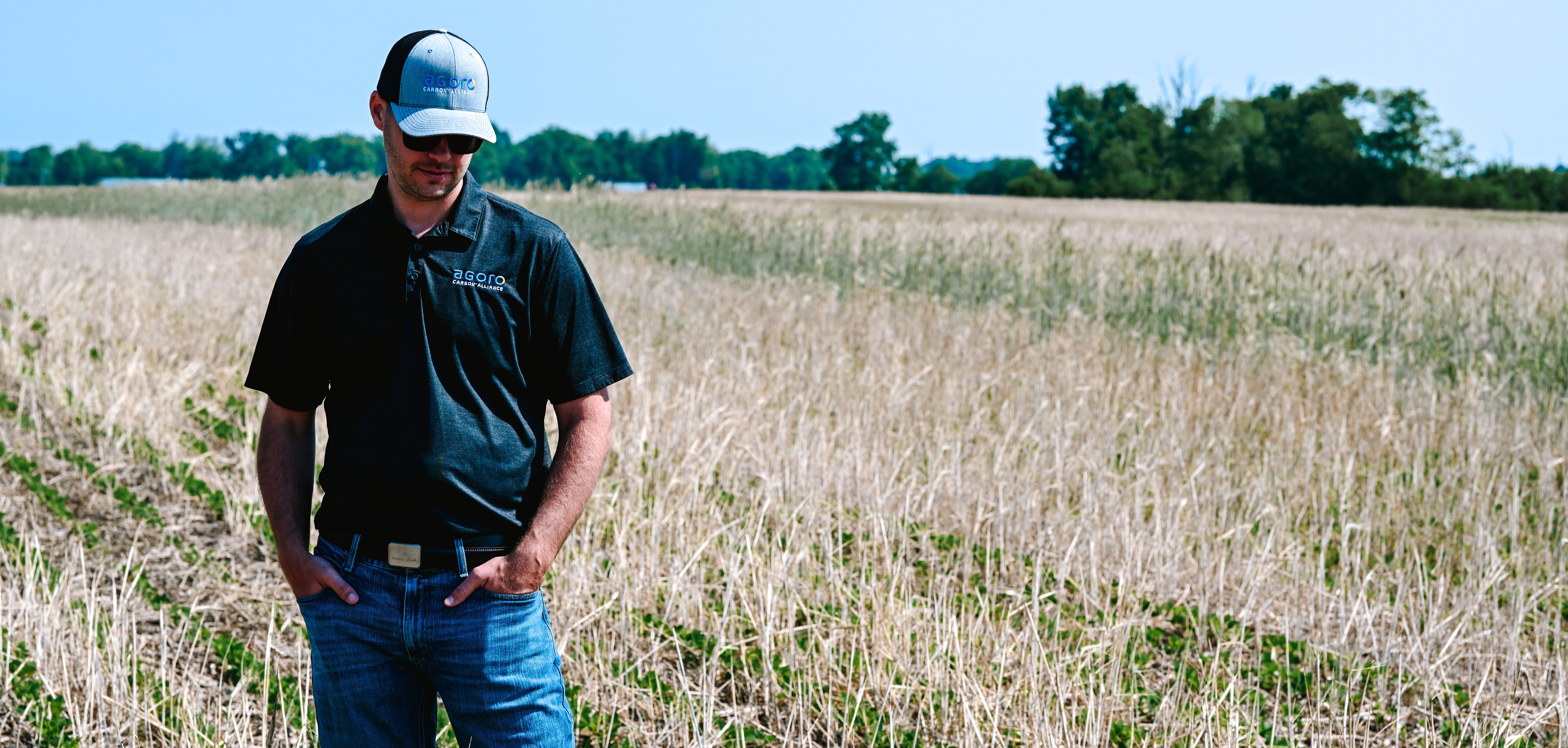Here at Agoro Carbon, we are solely focused on the agricultural carbon market. We do not sell any other products, services, or technology. That means that we offer sound advice, not sales pitches.
Top 10 Common Ag Carbon Questions:
1. Are ag carbon programs are a form of government programming?
Agoro Carbon is not a government program and we have no ties with the government. Agoro Carbon works within the open and free (voluntary) carbon market of carbon credits.
2. What are carbon markets and why are they important?
Essentially, carbon markets were created to put a price on pollution. Although polluting land, water,and air has long been treated as if it were “free,” it definitely comes at a price – one that we all pay inthe form of environmental degradation. Carbon dioxide (CO2) emissions from human activities areone of the main causes of the increase in atmospheric “greenhouse gases” (GHGs) that increase globaltemperatures. It has become clear that reducing emissions and removing carbon from the atmosphere are two critical strategies that can help mitigate the destructive potential of climate change.
3. If I have questions throughout the year on practice implementation or other topics, is there anyone I will be able to contact?
You will get a dedicated support agronomist who will help you with any program-related questions throughout the contract.
4. Can you explain why your carbon credits are “high quality?”
Agoro Carbon credits are additional, and they encompass strong permanence characteristics that contribute to a variety of benefits beyond carbon reduction and sequestration. We reinforce these benefits with a robust measuring, reporting, and verification (MRV) framework, which is underpinned by physical soil sample measurements for baselining and verification and enhanced through precise modeling.
5. I don’t think I qualify, because I can’t possibly make any more improvements to my farm/ranch.
Ranchers: You can always assess your grazing rotation and possibly alter it based on seasonality. Thiscould be a simple reversal of timing or possibly extending rest days. It also could be an assessmentof your forage base. Is it performing the way you want it to? Is it providing the digestible fiber andnutrition that is needed? If it isn’t, you could interseed another species. This also can help to build thebelow-ground organic matter. You could also boost your standing forage by giving it some nitrogen. This will increase your forage yield and can lead to strong roots that will help with erosion.
Farmers: When looking into qualifying your operation, there are several ways to look at row crop qualifications. When thinking about reduced tillage, that could be completely switching a tillagetool (cultivator to vertical till or strip till), or it could be taking out a fertilizer pass by removing theanhydrous pass from your operation. If you are able to reduce depth or disturbance of the soil youcan qualify for reduced tillage. Reducing passes or depth disturbance can save input costs and time,retain valuable nutrients, and reduce erosion losses due to wind and rain. Cover cropping also holdsa lot of opportunity for producers. Agoro Carbon is here to help assist in species identification that would work best for your operation depending on what you want to get out of your covers. Do you want nitrogen credit, some natural tillage, utilization for grazing/feed, or just some cover to keep that soil profile active and protected? We can help you clarify and achieve your goals.
Continue demystifying ag carbon by downloading our free booklet below:



